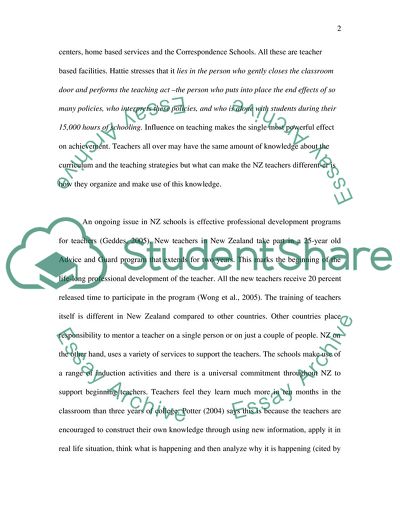Cite this document
(Education in New Zealand Term Paper Example | Topics and Well Written Essays - 2181 words, n.d.)
Education in New Zealand Term Paper Example | Topics and Well Written Essays - 2181 words. Retrieved from https://studentshare.org/education/1703997-how-does-a-new-zealand-teacher-become-a-different-er-teacher
Education in New Zealand Term Paper Example | Topics and Well Written Essays - 2181 words. Retrieved from https://studentshare.org/education/1703997-how-does-a-new-zealand-teacher-become-a-different-er-teacher
(Education in New Zealand Term Paper Example | Topics and Well Written Essays - 2181 Words)
Education in New Zealand Term Paper Example | Topics and Well Written Essays - 2181 Words. https://studentshare.org/education/1703997-how-does-a-new-zealand-teacher-become-a-different-er-teacher.
Education in New Zealand Term Paper Example | Topics and Well Written Essays - 2181 Words. https://studentshare.org/education/1703997-how-does-a-new-zealand-teacher-become-a-different-er-teacher.
“Education in New Zealand Term Paper Example | Topics and Well Written Essays - 2181 Words”, n.d. https://studentshare.org/education/1703997-how-does-a-new-zealand-teacher-become-a-different-er-teacher.


